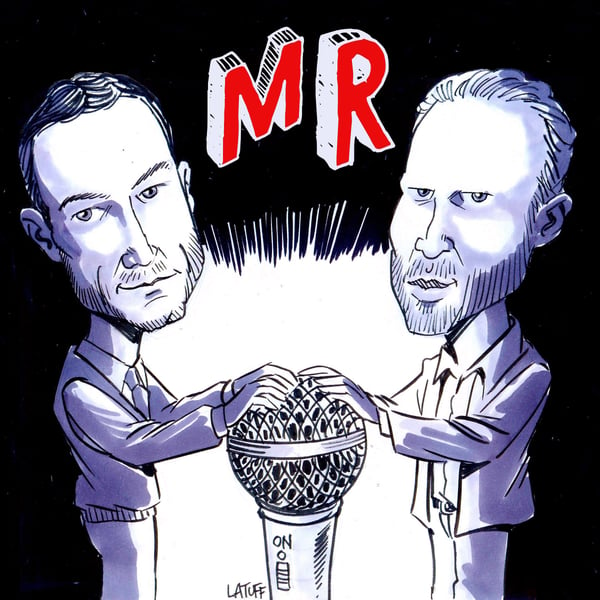After US terrorist war and sanctions, Nicaragua fights for justice at international court
Moderate Rebels
Moderate Rebels
4.7 • 673 Ratings
🗓️ 21 February 2020
⏱️ 43 minutes
🧾️ Download transcript
Summary
In Managua, Ben Norton interviews Nicaragua's representative to the UN's International Court of Justice, Carlos Argüello Gómez, who speaks about his country's case against the US over its terrorist Contra war, the 2018 coup attempt, and why Washington's unilateral sanctions are an illegal form of warfare on civilians.
WATCH the interview here: https://www.youtube.com/watch?v=7jo-_0xH2Vw
Transcript
Click on a timestamp to play from that location
| 0:00.0 | This is Ben Norton, and you're listening to Moderate Rebels. |
| 0:07.4 | This episode is just me. |
| 0:09.4 | I'm not joined by my co-host, Max Blumenthal, and this is a report from inside Nicaragua. |
| 0:16.6 | In January and February, I have spent several weeks in Managua, the Capitol, reporting on |
| 0:23.7 | the effects of U.S. sanctions, which have done serious damage to Nicaragua. |
| 0:29.6 | And as you'll hear in this episode, are blatantly illegal under international law. |
| 0:36.4 | And I've also been reporting on the aftermath of the 2018 |
| 0:40.5 | U.S.-backed coup attempt against the democratically elected Sandinista Front, the leftist |
| 0:46.6 | political party that governs Nicaragua. And as you'll hear in the upcoming episode here, |
| 0:53.2 | I sat down for an interview with Nicaragua's |
| 0:56.4 | ambassador to the United Nations International Court of Justice. |
| 1:01.5 | His name is Carlos Arguez Gomez, and the ICJ, the International Court of Justice, is the |
| 1:08.9 | legal arm that works with the United Nations in the Hague and the |
| 1:13.4 | Netherlands where Argoello-Gomez is based. So in this episode, we talk about a variety of |
| 1:20.0 | issues, including, as I mentioned, the U.S. sanctions on Nicaragua, which are essentially a form of |
| 1:26.2 | warfare and collective punishment targeting the entire civilian population that have done damage to the Nicaraguan economy. |
| 1:33.3 | You know, this is a very small country of only 6 million people that is still trying to develop itself. |
| 1:39.3 | Even though it is actually the second poorest country in the Western Hemisphere, it is one of the |
| 1:45.5 | most equitable countries in the Western Hemisphere. It has really high rates of not only income |
| 1:52.1 | equality, but also representation of women and the government. In fact, it is the fifth best |
| 1:58.5 | country in the world when it comes to gender parity and representation |
| 2:02.1 | of women in society. |
... |
Please login to see the full transcript.
Disclaimer: The podcast and artwork embedded on this page are from Moderate Rebels, and are the property of its owner and not affiliated with or endorsed by Tapesearch.
Generated transcripts are the property of Moderate Rebels and are distributed freely under the Fair Use doctrine. Transcripts generated by Tapesearch are not guaranteed to be accurate.
Copyright © Tapesearch 2025.

